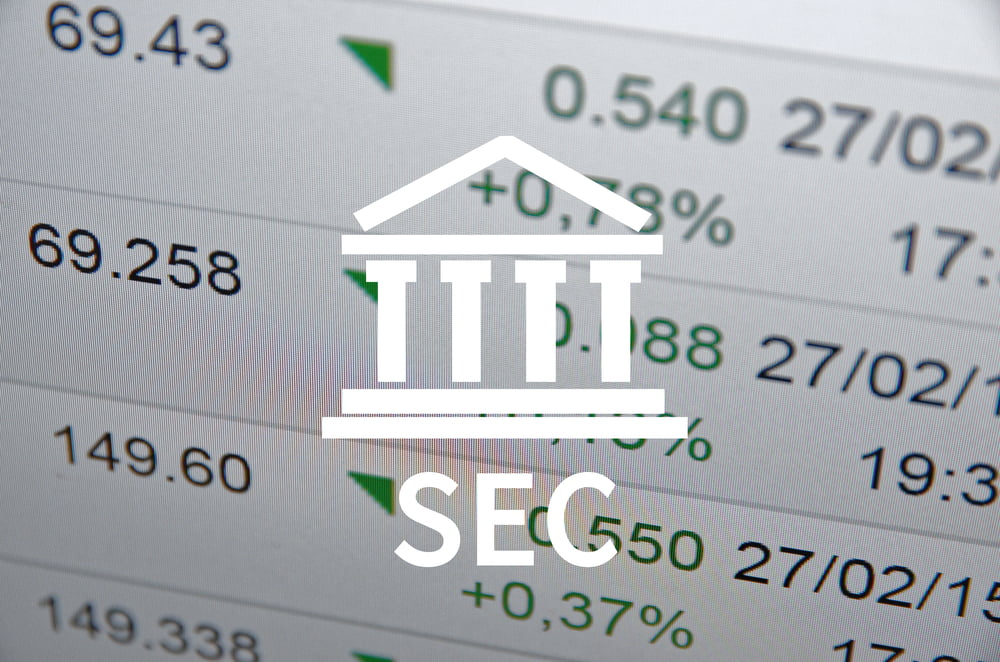The SEC has taken an extra creative step to ensure investors are aware of the dangers of initial coin offerings (ICOs). To make their point, the SEC has launched their own pretend ICO site to demonstrate what investors should look for when considering an investment.
The pretend ICO site is called Howey Coin, which emulates what an actual initial coin offering website looking to take investments would look like. The site includes a professional looking whitepaper describing the details of the coin, elaborating on how they’re going to democratize travel and leisure for those in the crypto community.
For those interested in making a real investment, this is where Howey Coin differs. When you click on the “Buy Coins Now!” button you get a page that says, “If you responded to an investment offer like this, you could have been scammed – Howie coins are completely fake!”
Keep in mind this is on the SEC’s website for individual investors, that’s Investors.gov. They do provide a useful service by pointing out many of the standard red flags that online thieves make. Some of these include:
- High guaranteed return – Howie coin is offering a guaranteed 1% daily return, which is ridiculous for any investment
- Irrelevant endorsements – Howie coin has a significant endorsement from an imaginary boxer, as if any entertainment star would have any idea of the validity of an ICO
The point is, can investors take part in an initial coin offering that’s also compliant with SEC regulations? Unfortunately, this is a grey area that’s not clear at the moment. However, Republicans and Congress are currently working on a bill that could provide a legal safety zone that would validate some legitimate ICOs. This is good news, but if the Democrats end up winning the house in November, it is very likely that they will be even tighter on ICOs moving forward.
The SEC feels as though all initial coin offerings are securities and should be subject to regulation. They basically want to do everything they can to ensure that scammers are not at liberty to defraud investors.
The FED governor Lael Brainard also pilled on the fraud factor at the crypto conference saying, “cryptocurrencies are strikingly innovative, but also pose challenges associated with speculative dynamics.” She then added, “there were too many breaches of exchanges and wallet providers for digital currencies to ever gain broad adoption.”
These are pretty serious comments that make a lot of sense, especially for those investors who have been stung from a fake ICO. Hopefully, this resonates with the crypto community and can kick-start a change for the better sooner rather than later.
If the fraud and thief element of cryptocurrencies could be minimized, then governments would not have to crack down as hard on the legitimate organizations trying to push this technology forward in a positive and meaningful way.
It’s a tough job trying to balance investor protection with the need to develop an industry, but it’s now up to the SEC to come up with regulation so that they don’t stifle the cryptocurrency movement in the US. Perhaps the SEC should look at countries like Singapore or Japan who are thriving in the crypto space. If the SEC doesn’t figure out acceptable legislation soon, they will undoubtedly prevent the US from ever catching up and being a major player in ICOs or the cryptocurrency space in a meaningful way.

